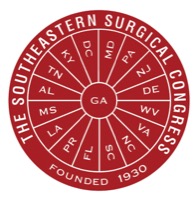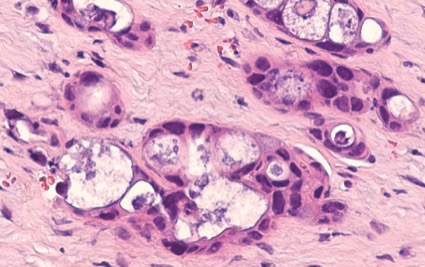
NASHVILLE, Tenn.—Obese patients who undergo robotic transhiatal esophagectomy for esophageal adenocarcinoma have longer operating times, but their weight appears to have no impact on other surgical variables and they have longer survival than underweight patients, according to the results of a new study.
“Esophagectomy is the cornerstone treatment for patients with esophageal adenocarcinoma, and there have been conflicting results regarding the association between body mass index and postoperative outcomes. The impact of BMI after robotic esophagectomy has hardly been studied,” said Harel Jacoby, MD, a surgical fellow at the AdventHealth Digestive Health Institute Tampa, in Florida, with Sharona Ross, MD; Iswanto Sucandy, MD; and Alex Rosemurgy, MD.
To investigate the impact of BMI on postoperative outcomes in patients undergoing robotic transhiatal esophagectomy (THE) and determine the relationship between BMI and long-term survival, Dr. Jacoby and his colleagues prospectively reviewed patients undergoing the procedure between 2012 and 2020. The study included 71 patients with a mean BMI of 27+4.9 kg/m2; most patients (72%) received neoadjuvant chemoradiation.
The operations in overweight and obese patients took longer than those in normal-weight and underweight patients (five to six hours compared with four to five hours), but there was no difference in conversion to open, lymph node harvest, tumor size, stage or blood loss.
Twelve patients experienced major postoperative complications; five died in the hospital; the median length of stay was seven days; and the readmission rate was 18%. But again, none of these variables were associated with BMI.

Dr. Jacoby noted that three of the five deaths occurred in heavy smokers with severe chronic obstructive pulmonary disease. “Looking only at 30-day mortality, two patients died, or 2.7%, which is similar to what we see in the literature. Also, mortality was more common early on, reflecting the learning curve,” Dr. Jacoby said.
Median survival was not reached (the probability of survival is 67% at 97 months), but the five-year survival rate for obese patients was 93% compared with 33% of underweight patients (P=0.05).
“Obesity does not affect short-term outcomes following robotic THE, but favorably affects long-term survival. The robotic platform is a great way to handle complex abdominal procedures, and we believe it will take a greater role in the near future,” Dr. Jacoby said.
This article is from the April 2022 print issue.



Please log in to post a comment